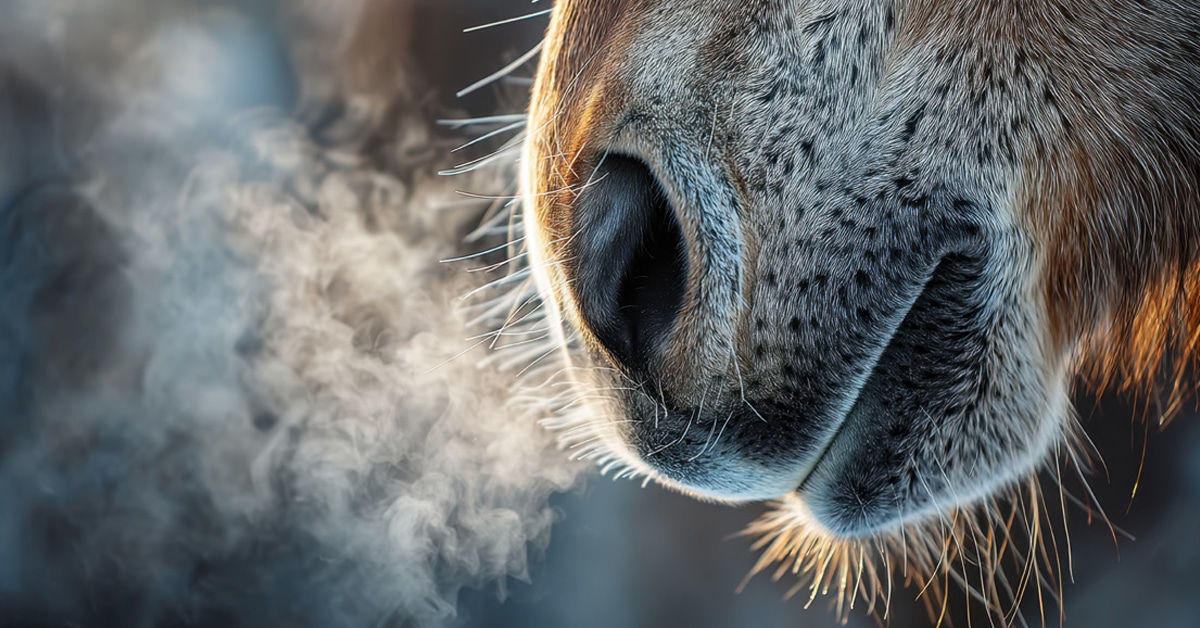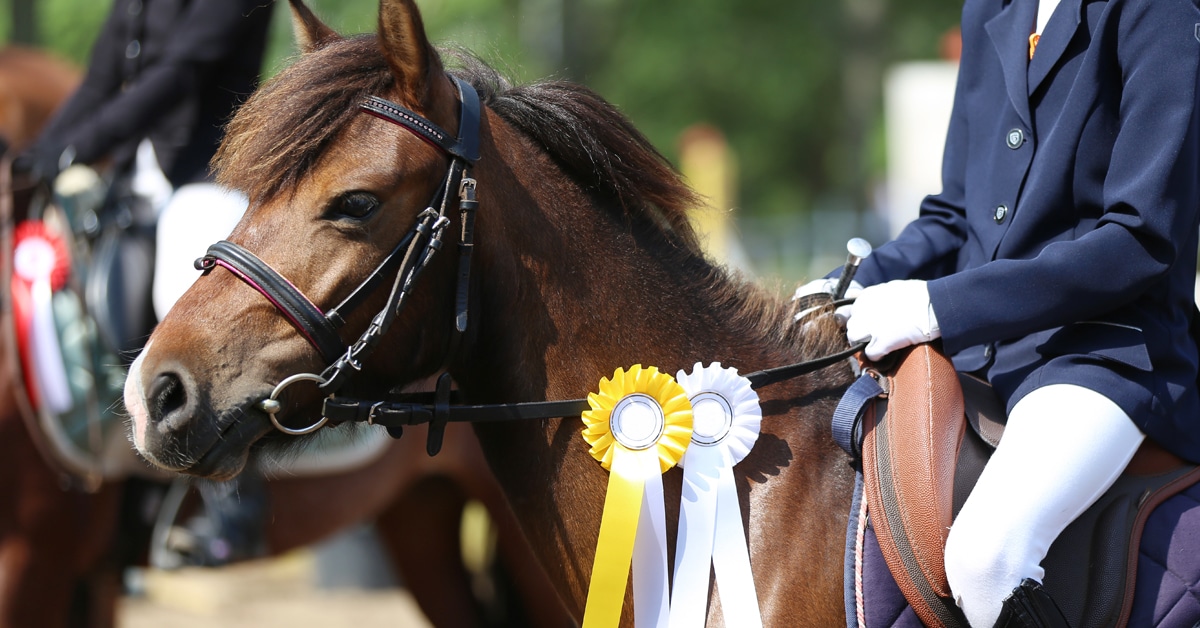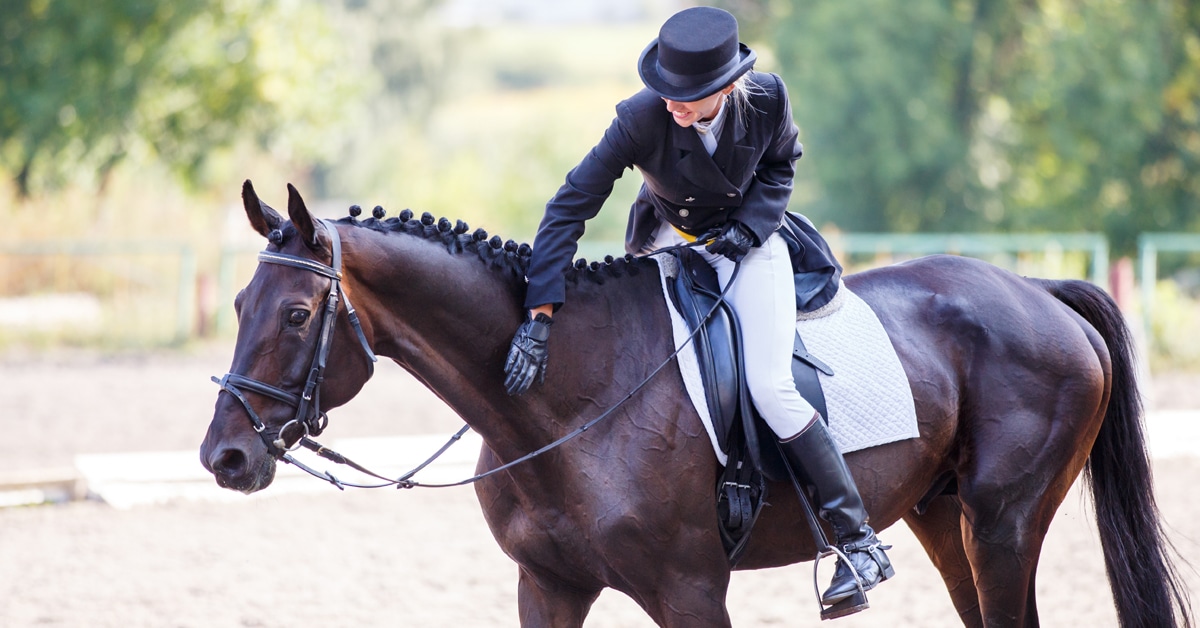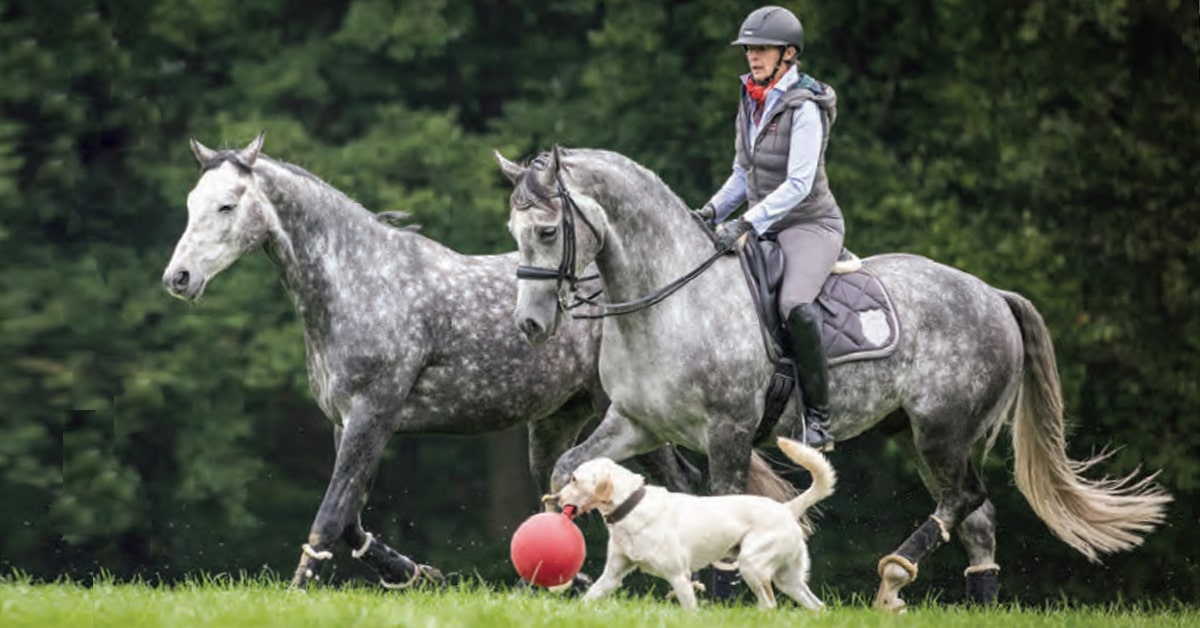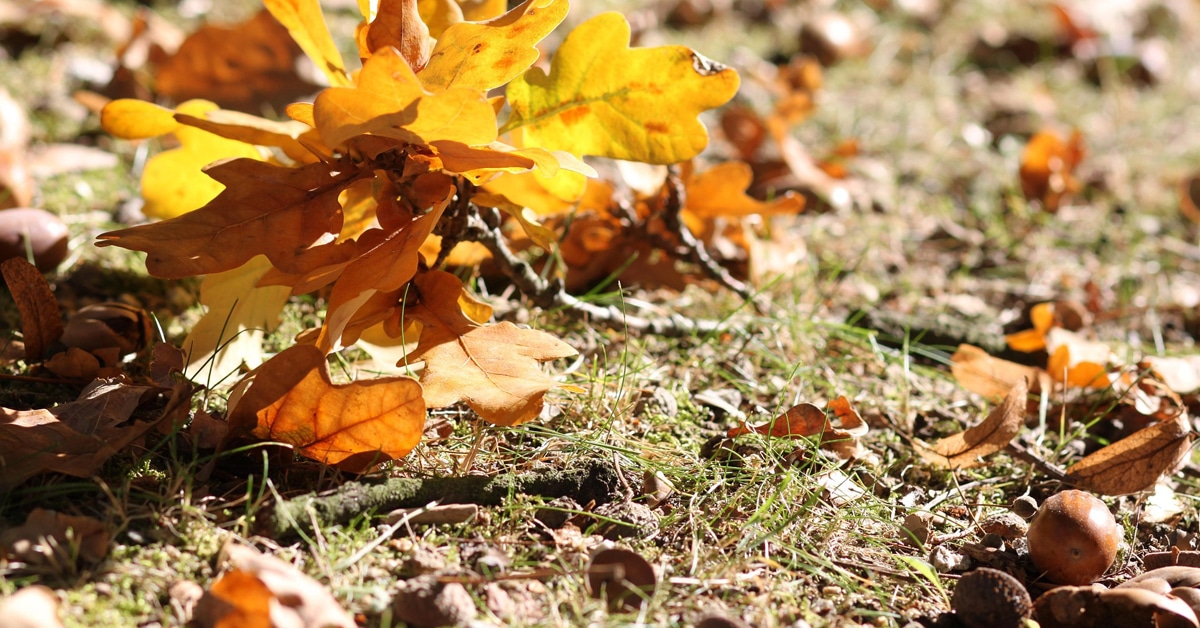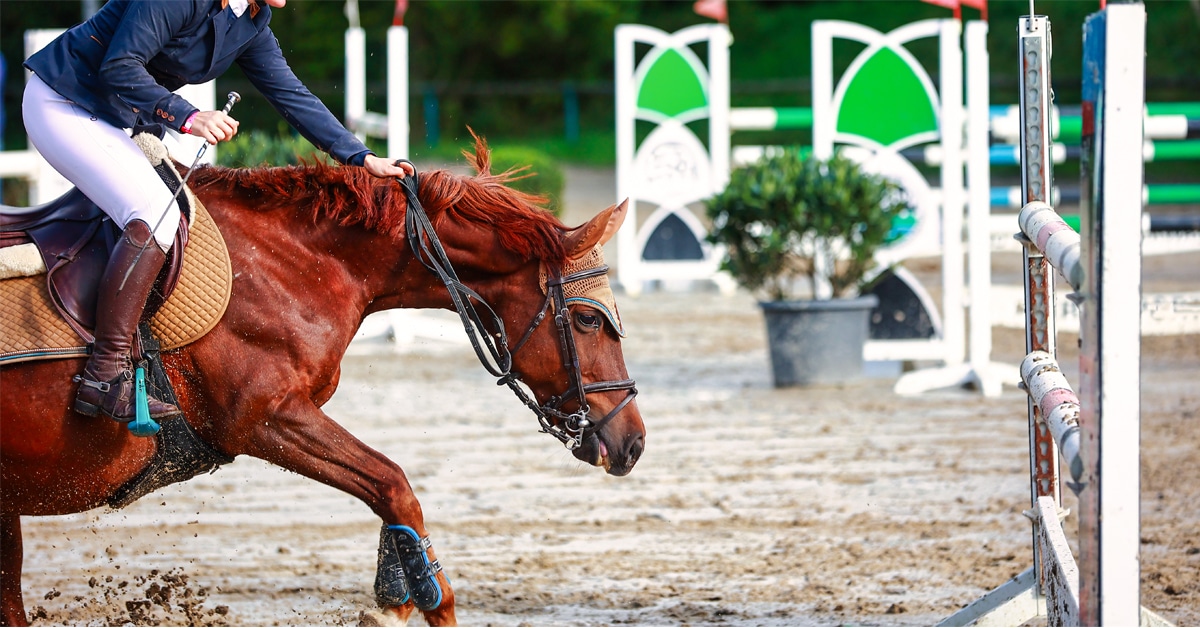We’ve all seen those adorable Instagram clips of horses enjoying bananas, but here’s a fun twist: unripe, green bananas may actually be even better for them than the ripe ones! Green bananas are packed with fibre, vitamins, minerals, antioxidants, and other bioactive compounds that support overall equine health.
While there’s limited research focused specifically on green bananas in horse diets, we can draw from established studies showing the benefits of their key components, including resistant starch and polyphenols, in supporting digestive function, gut health, and metabolic balance in horses.
Green bananas have a positive impact on gastrointestinal health and are very high in a type of starch that is resistant to most mammalian enzymes – called a “resistant starch”. They are also high in pectin, a type of soluble fiber. Together, these act as probiotics, as they provide fuel for the microbes within the horse’s hindgut. Probiotics are beneficial because they help keep the horse’s digestive tract functioning well, help improve digestive efficiency and may reduce the risk of colic or leaky gut. Several studies have reported improvements in microbiota composition following green banana supplementation.
Importantly, humans are often recommended green bananas for the management of inflammatory bowel diseases such as colitis. Studies in rats that had experimentally-induced colitis had reduced tissue injury, improved mucus secretion, improved tight junction integrity (which is often a component of “leaky gut”) and overall reduced inflammation when supplemented with green banana extract.
Green bananas also appear to be effective in promoting gastric health. In several studies, unripe bananas have been shown to help prevent and heal ulcers in rats that had been induced by aspirin (aspirin increases gastric acidity and is used frequently in models to induce ulcers). In one study, the ulcer index score that was used went up to 25 with aspirin alone, while remained below 1 in rats treated with green banana extract before or after aspirin administration. Also, green banana extract significantly reduced inflammation and necrosis (cell death) following aspirin.
In horses, a green banana supplement was shown to have some benefit in preventing the development of gastric ulcers, along with preventing existing ulcers from getting worse over time. Green bananas are rich in carotenoids, flavonoids and saponins that have been demonstrated to have anti-ulcer properties. Also, pectin has been reported to strengthen the mucous layer of the stomach.
In humans, further metabolic health benefits have been reported with the consumption of green banana products. One study fed people green banana biomass for 24 weeks and reported improvements in glucose metabolism (via HbA1c, a marker of glycemic control in people, and fasting glucose concentrations), body composition (reduced body weight and fat mass percentage) and blood pressure. Similar studies have also reported improvements in lipoprotein profile, such as reduced cholesterol. It is believed that the resistant starch can delay gastric emptying (making one feel full longer) and has lower glycemic responses (less glucose is digested an absorbed because the starch isn’t broken down until the large intestine), contributing to improvements in insulin sensitivity and whole body sugar metabolism.
Green bananas also contain high levels of potassium, B vitamins and vitamin C. Most horses don’t actually need vitamin C because they can make it themselves (unlike humans, guinea pigs, fruit bats and non-human primates), but it is a powerful antioxidant and may have additional benefits for horses. Therefore, adding some green bananas into your horse’s diet can provide them with some additional vitamins and minerals. However, green bananas (or any type of banana) should not be offered to horses with Hyperkalemic Periodic Paralysis (HYPP) due to their high potassium content.
So – go ahead and get some green bananas for your horses! (and yourself?) But – in moderation (no more than 3-5 per week) and always introduce new foods slowly. Different banana types have different properties, with Pisang Awak and Saba bananas tending to having more antioxidants, although Cavendish (Chiquita) bananas are still excellent options.
It is recommended to cut bananas in to smaller pieces to feed, and horses can eat the peel too – although they might not like it – and if they don’t chew it well it might be a choke risk.
Just remember that it is the unripe green banana to feed for the health benefits detailed above. Ripe bananas are safe for horses, too, and have similar vitamins and minerals, but have more sugar (less resistant starch) so be careful feeding them to sugar-sensitive horses.
If you’re looking to add something to your horse’s daily feeding regime, green banana pulp or dried green banana supplements are available (fed at rates of 100-300 g per day), or green banana flour or powder (essentially the same thing; fed at closer to 50-100 g per day,) is readily available from several companies on Amazon or your local health food store.
The Latest


